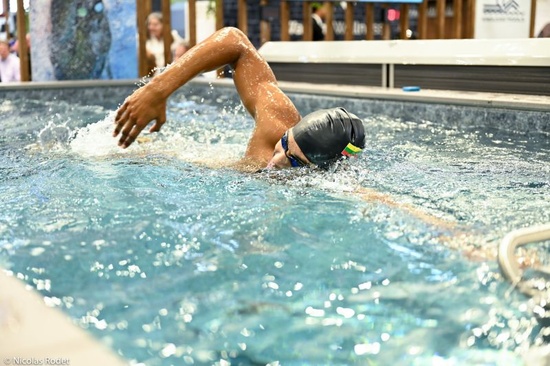In France, public pools only need to be drained once a year
For public and collective swimming pools, drainage is an obligation to ensure good water quality and the safety of users.

For public and collective swimming pool managers, drainage is an obligation to ensure good water quality and the safety of users. What do French regulations say about pool drainage and how are they applied? See below.

Regulations: making public pools safe and enjoyable
Why do shared pools need to be drained?
Primarily for health reasons. Drainage enables pool managers to check on pool cleanliness and water quality to protect users. When pool waters have excessive stabilizer concentration or are completely unbalanced, drainage is very often the only way to resolve the problems. It is an essential process… but which takes a little time - a week on average.
How to drain a collective swimming pool?
1. Inform everyone who needs to know that you are going to drain the pool
In France this includes the Regional Health Agency which must be informed in writing at least 48 hours before the operation, as well as the municipal sewerage services – and, of course, the users!
2. Shutting down the heating and opening the valves
These operations are carried out by the municipal engineering services, the pool chief if trained in drainage procedures or a private company. Usually they take one day.
3. Cleaning the pool
Once the pool is completely empty, clean all the surfaces, showers, toilets, corridors and cloakrooms. This usually takes two days, including the time to carry out all necessary minor repairs.
4. Refilling the pool and reheating the water
This is the longest stage, usually lasting three days.
Use the down time to carry out major works. Tell your clients what you are doing with an appropriate message!
Since 2016 in France, pools only have to be drained once a year
Previously, since 1981, the law obliged public establishments to drain their pools twice a year. A decree published on September 16, 2016 (1) reduced this obligation to once a year. The only exceptions to this rule are paddling pools and whirlpool baths which must be drained twice yearly. Regional administrators (prefects) can also order pool drainage if:
- they are not clean enough;
- the water does not comply with quality standards;
- an anomaly threatens user health.
The purpose of this simplification was to make minimum savings of 3,000 euros per pool (2) on public pool water consumption and heating. A windfall for local budgets! However, in reality, this decision has not been agreed by all parties.
To reduce your pool power costs, think greentech!
Each pool manager has to adapt to the obligation
For Gilles GLAD, equipment director for Grand Chambéry, one draining instead of two lacks nuance.
When the water analyses are correct, why impose systematic draining? Everything costs money - the volume of water, reheating and processing plus the financial losses related to pool closure. And the failure of the general public to understand why we are throwing so much water away when its use is restricted! I think the subject should be settled locally between operators and the Regional Health Authority (ARS) and not by a national law. Remember that each swimming pool is different.
Franck BAJON, Forez Aquatic – Forez Est pool manager thinks that the ARS has not taken any risks with this regulation.
The water analysis requirements stay the same. Today, one drainage a year can be enough as long as the standards are met. We adapted by buying a dechlorinator and we insist on the need to take a shower with soap before swimming, which is far from being the usual case in France. I note, however, that the ARS are more or less strict depending on their geographical location. That is not right. The chloramine rate is fixed by decree and should not be subject to local deals.
If this regulation reduces the impact of draining on public finances, some public pools would like to go further by removing the drainage obligation altogether. Others would also like to opt for an ozone treatment, a technique for which a standard was set in 2019 (3) and which makes it possible to get rid of chloramines completely.
Draining a public or collective pool is a “must”. But so as not to do more than required by law, an optimized water treatment mirroring pool use is essential. Check out the latest innovations in this field!
(1) Legifrance: Arrêté du 7 septembre 2016
(2) Banque des territoires: L’arrêté réformant l’obligation de vidange des piscines est paru
(3) Banque des territoires: Une norme pour le traitement des piscines à l'ozone
© Photo credit: K8most / Adobe Stock




